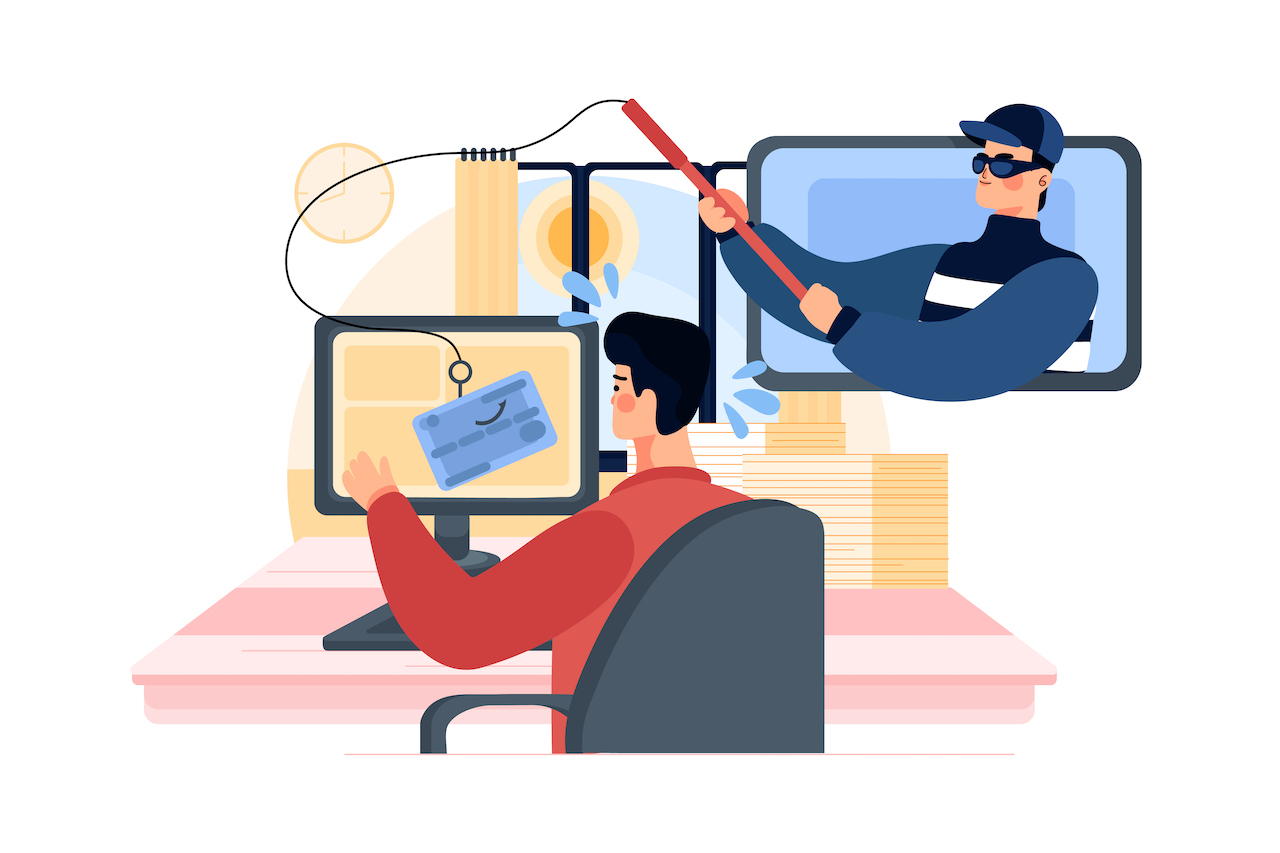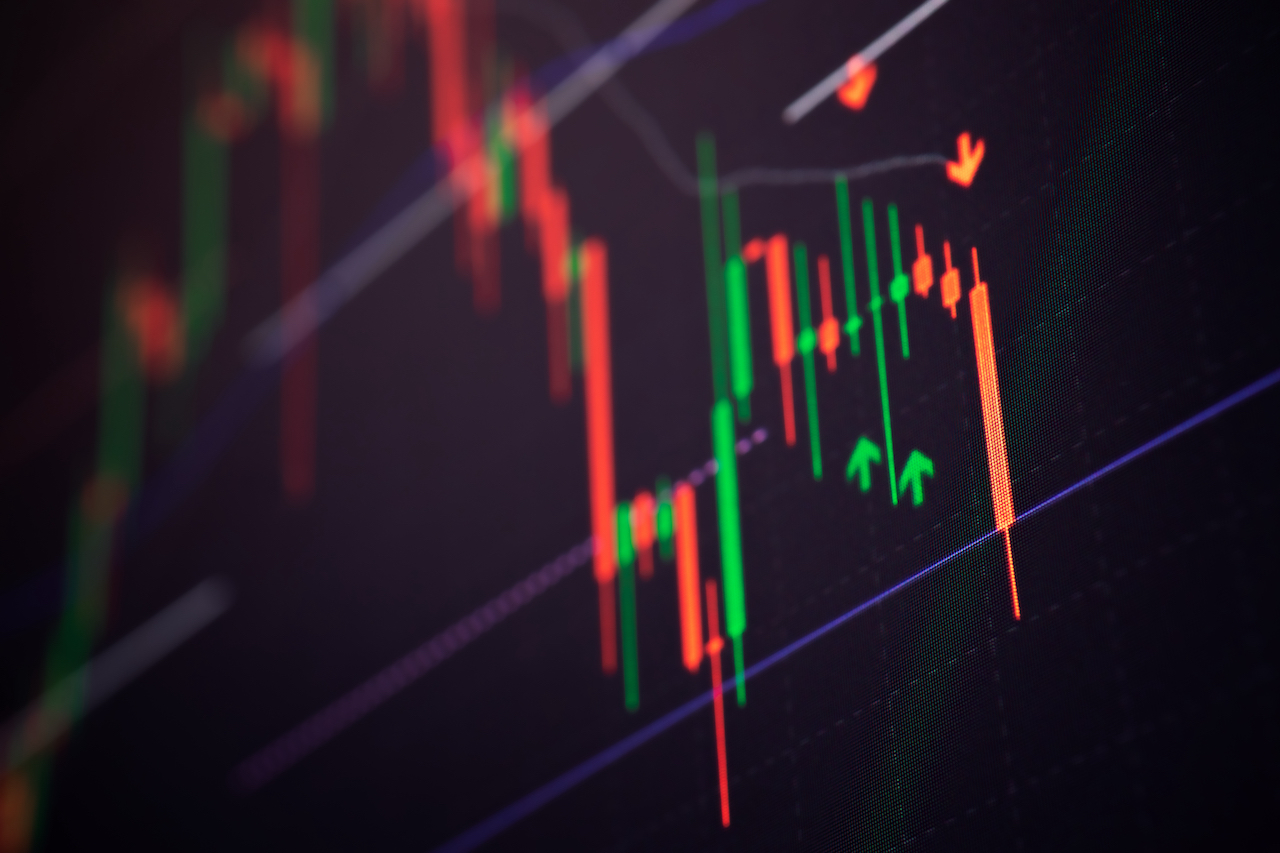Is the Value of Data Worth More to Society Than the Quality of True Privacy? (Part II.)

In part one of this article, we reviewed the value of Data in large scale corporations. We featured some of the world's most influential companies, such as Google and Amazon. We examined how they operate to get hold of our PII (Personally Identifiable Information), our role in this arena, and how they place us in a vulnerable position by using our health Data.
In this part of the article, we will discuss the risk we are exposed to in a security breach when our Data is being used, the cybersecurity’s strategies to protect our personal information, and the rising awareness of individuals concerning their privacy and compliance participate.
Like every aspect of life, it all sums up in a matter of trust. Do we trust the intentions of gathering and using our Data, especially our health Data, and how knowledgeable are we of the risks? As mentioned in the last article, medical Data is crucial for developing the health system by allowing them to view different healthcare practices, study and improve advanced treatments and examine healthcare from a macro angle, helping them analyze it better.
Also, the act of replacing the archaic documentation method with technological systems upgraded the medical world to a smarter health recording system, a superior health tracking treatment, all that serves to overcome time-consuming “old age” processes. We can now even renew prescriptions online.
True, efficient health systems serve us well at present, and for the long run, raise our health quality and even save lives, but the process puts us at immediate risk of exposure. So, are the pros more valuable than the cons?
In a perfect world, the answer will be your Data, your choice. But our world is anything but perfect, and some people will act viciously to gain an advantage by pulling malicious acts, and in the Data world, they are the Cyber attackers.
Medical Data is very valuable, if not the most; it consists of all of our personal information, including our social security number, without the ability to change them. Besides the fact that the healthcare Data is very worthy in the black market, it is also used for identity theft and even extorting individuals for money in exchange for the cyber-criminal's silence, or even more damaging, shutting down the entire system of a hospital.
On May 10, 2017, NBC News published that approximately 7000 medical records have been stolen in a Data breach from Bronx Lebanon Hospital Center.
The files included personal records of HIV, medical and mental health diagnosis and sexual, and domestic violence reports, all that inclusive with names, home addresses, and medical histories.
The security researcher, Mr. Bob Diachenko, told NBC News that the breach was caused by a "misconfigured Rsync backup server hosted by iHealth, a Louisville, Kentucky-based company that offers records management technology". Though it sounds minor, it resulted in an atrocities invasion of privacy.
Cybersecurity in healthcare is very progressive and continuously maintaining its progression and advance to keep up with the cyber attackers developing their criminal skills too in full speed to stay ahead of cybersecurity. It's a battle that never ends, and the outcome of even one small hitch may cause an unimaginable crisis on a macro and micro scale.
So, how concern are we as individuals with our Data exposure to breaches? Well, there is a movement change of attitude in people's willingness to share their Data. In an article published by Forbes magazine on Aug 15, 2019, they published the results of a survey made by the Advertising Research Foundation (ARF) with the participation of 1000 Americans. The result presented a substantial increase in the lack of compliance to share personal information, this is against the previous study made in 2018. For instance, the percentage numbers decreasing from 2018 to 2019 in people willing to share their home address went from 41% to 31%, the same Data for willingness to give their spouses name, and decreasing percentage numbers from 61% to 54% of people who were willing to share their email address.
This phenomenon was also spreading in Europe. Ever since the GDPR, General Data Protection Regulation, executed its implementation, May 25, 2018 (have been approved on Apr 14, 2016) this regulation provided the European people more all-embracing charge over their personal information and allows them to a full knowledge for the use of their Data, as to where it is aiming, and for how long. This enables the right transparency and control over their Data while controlling its usage only for its original agreed task. All enforced by law. Moreover, it also allows them to choose to share their Data with companies they trust, securing their information with the best cybersecurity methods out there.
The world of technology may sum it in a modest word: Data. But Data is what we are after dissecting us as individuals. We are a social security number, an I.D. number, bank accounts, and medical information. We are consumers and traders, and many more things you can eventually analyze after translating our existence into numbers. So, what is the Value of Data?
The British Mathematician Clive Humby said in the past, "Data is the new oil”, perhaps the value is higher.


